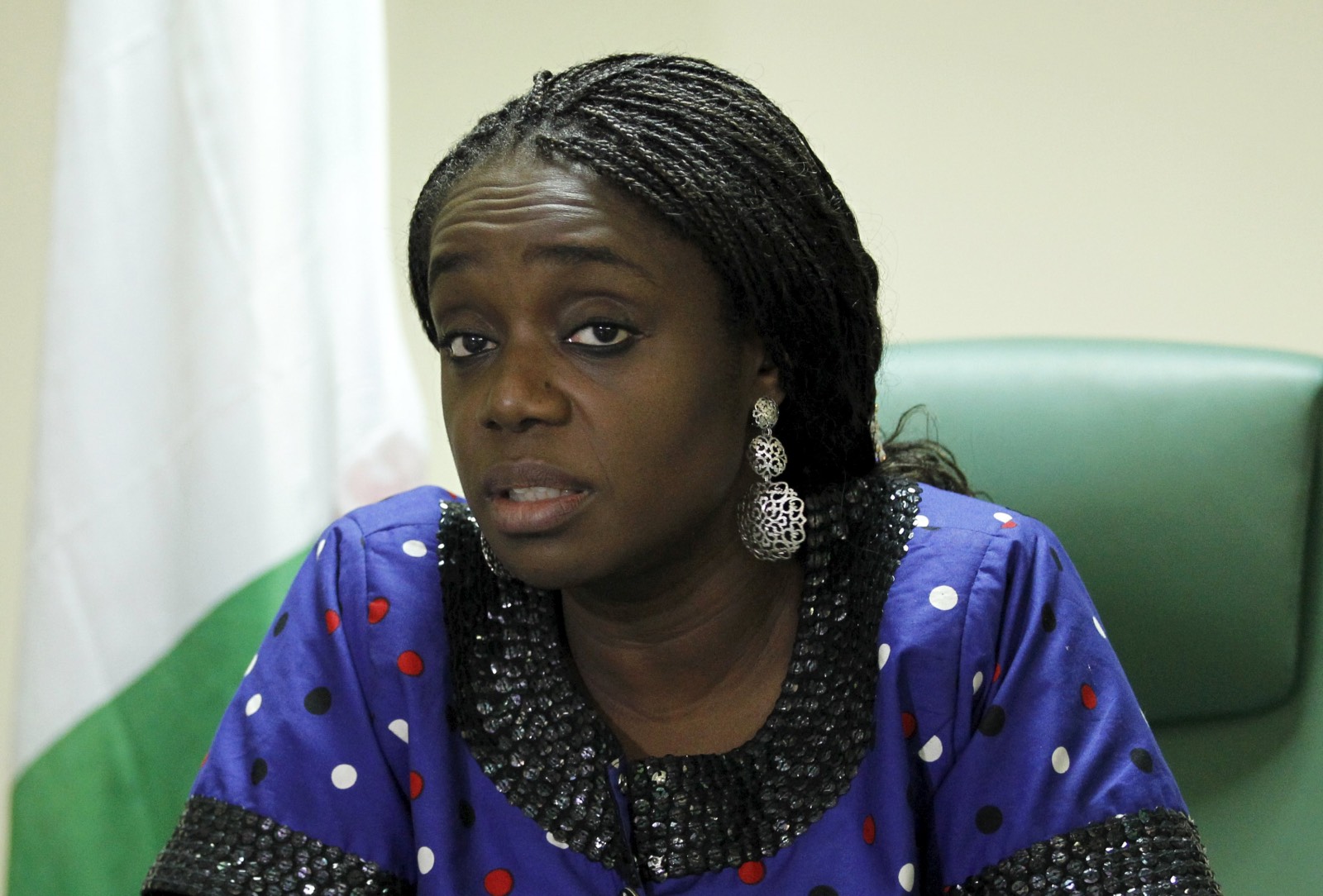The federal government has borrowed a whopping N5 trillion from the N7.3 trillion pension funds saved since the commencement of the Contributory Pension Scheme (CPS) in 2004.
investigations discovered that the N5 trillion was loaned to the government by the pension fund managers to mend its infrastructural deficits and meet its financial obligations as and when due.
It was learned that, while the money has allowed the government to build new roads, repair the rail system, fix a number of the power challenges, pay salaries of its workforce, among others, it’s also in return result in economic growth and development.
Findings by correspondents showed that the Pension Fund Administrators (PFAs) invested N3.87 trillion, amounting to 54 percent of the pension funds, in federal government bonds, whereas the pension operators conjointly invested N1.27 trillion, representing 17.7 percent of the pension funds in government treasury bills in a very bid to rescue the federal government from illiquidity.
This means the pension industry has granted 71 percent of the pension assets as loans to the federal government through bonds and treasury bills.
Since federal government bonds and treasury bills are less risky, the pension operators decided to invest heavily in them, while the new scheme has generated about N2.5 trillion as investment income from some of the investments PFAs made.
Speaking on this development, the chairman, Pension Funds Operators of Nigeria (PenOp), Eguarekhide Longe said, “With about N5 trillion invested in infrastructural development through bonds, it shows you that the pension fund has been active. So, the philosophy of managing this money is to add to it. It means that the money has been used profitably”.
He expressed dismay over the comments made by some lawmakers and government officials that the pension fund is lying idle, noting that most of the fund still resides with the government.
He disclosed that, while the pension fund operators are ready to invest more of the fund in infrastructure, the federal government must come out with infrastructure bond, which it is yet to do.
“We are ready to invest in infrastructural bonds whenever the government decides to float them to finance key developmental projects”, Longe added.
Promising that the pension fund managers are ready to engage with government to expand the economic space, though it is not their primary objective, he added that care must be taken not to invest pension fund in a project that will not regenerate it.
“If you put pension fund in a project that does not regenerate it, the money is gone and in many cases, as we have found, the project has not been delivered because it was not properly conceived”, Longe noted.
He said the managers had requested the investment banking community to come out with products that abide by the investment guidelines in the Pension Act, which operators can finance.
Longe continued: “The fact is that there are ample provisions in the investment guidelines that allow for investment in projects, so to say, infrastructure, private equities and real estates, bonds, among others.
“But what has happened is not that the money is idle in the PFAs or that the fund managers have not looked for those projects. It is not their jobs to go and create projects, but we have actively sorted the investment banking community to develop products that we can invest in”.
In the same vein, the former Chairman of PenOp, Dave Udeanu, called on the government to come up with projects that are backed up with an adequate guarantee, stressing that most states have already invested part of the pension funds in infrastructure.







